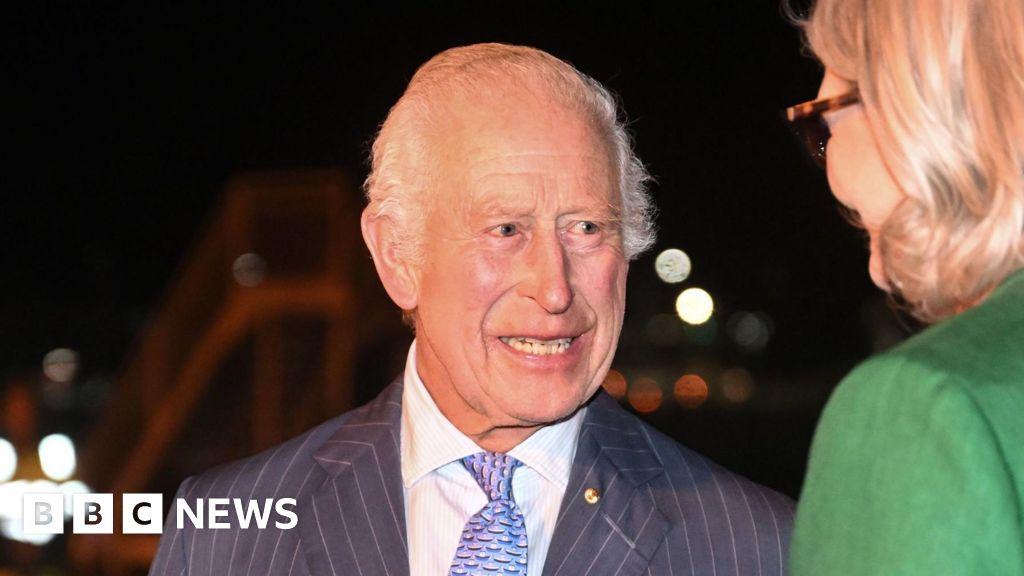The government has said there will not be an apology over Britain’s role in the transatlantic slave trade, when King Charles and Sir Keir Starmer visit the Commonwealth summit in Samoa next week.
A Downing Street spokesperson had already ruled out financial reparations.
Last year, the King spoke of his “greatest sorrow and regret” at the “wrongdoings” of the colonial era on a visit to Kenya, but stopped short of an apology, which would have depended on the agreement of ministers.
The Commonwealth Heads of Government Meeting, to be held in Samoa on 25 and 26 October, will bring together the leaders of 56 countries.
Even if the issue of historic links to slavery is raised at the summit, the UK government has told the BBC there are no plans for a symbolic apology.
There had already been a rejection of reparations over slavery, but 10 Downing Street also now says there won’t be an apology either.
Instead the focus will be on current issues, a government spokesperson said, such as “shared challenges and opportunities faced by the Commonwealth, including driving growth across our economies”.
Speeches from monarchs are made on the advice of ministers. This means the King would be unable to make an apology over the UK’s links to slavery unless he had the approval of the government.
Labour MPs including Bell Ribeiro-Addy had called for the UK government to officially apologise for its participation in the slave trade.
David Lammy, as an MP on the opposition benches in 2018, had spoken about reparations in the context of those seeking justice after the Windrush scandal.
He had written on Twitter: “As Caribbean people enslaved, colonised and invited to Britain as citizens we remember our history. We don’t just want an apology, we want reparations and compensation.”
But with Labour now in power, and Lammy foreign secretary, Downing Street has ruled out an official apology over slavery and ended speculation of any statement at the Commonwealth meeting in Samoa, which might have been the international platform for such an apology.
It means that the policy of not apologising continues from the previous government, when prime minister Rishi Sunak last year rejected the idea and said “trying to unpick our history is not the right way forward”.
Opponents of an apology have pointed to Britain’s prominent role in ending slavery, including legislation in 1807 to abolish the slave trade.
Discussions of formal apologies or reparations could still be raised by other countries, with Caribbean leaders having argued for some financial recognition of the legacy of slavery, with figures of £200bn being quoted.
The Commonwealth summit will also vote on a new secretary-general and all three of the candidates are supporters of reparations for transatlantic slavery.
It is an issue which strongly divides the public, including readers of the BBC’s Royal Watch newsletter, who got in touch by email.
“Those of us living now should not be made to feel guilty or apologise for something that had absolutely nothing to do with us,” Ruth, from the UK, said.
“We don’t like what happened, but we weren’t around then, so why should we say sorry?”
Ronald, from Bristol in the UK, took the opposite view.
“A sincere apology would acknowledge that grievance and, in my view, would go some way to assuaging the sense of injustice,” he said.
Sarah, in Ghana, said it would be “humane” of the King to deliver an apology.
“I believe it will go a long way to healing wounds caused by the slave trade,” she said.
The King and Queen Camilla arrived in Australia on Friday to begin their six-day tour of the country, which will be followed next week by the Commonwealth summit in Samoa.

